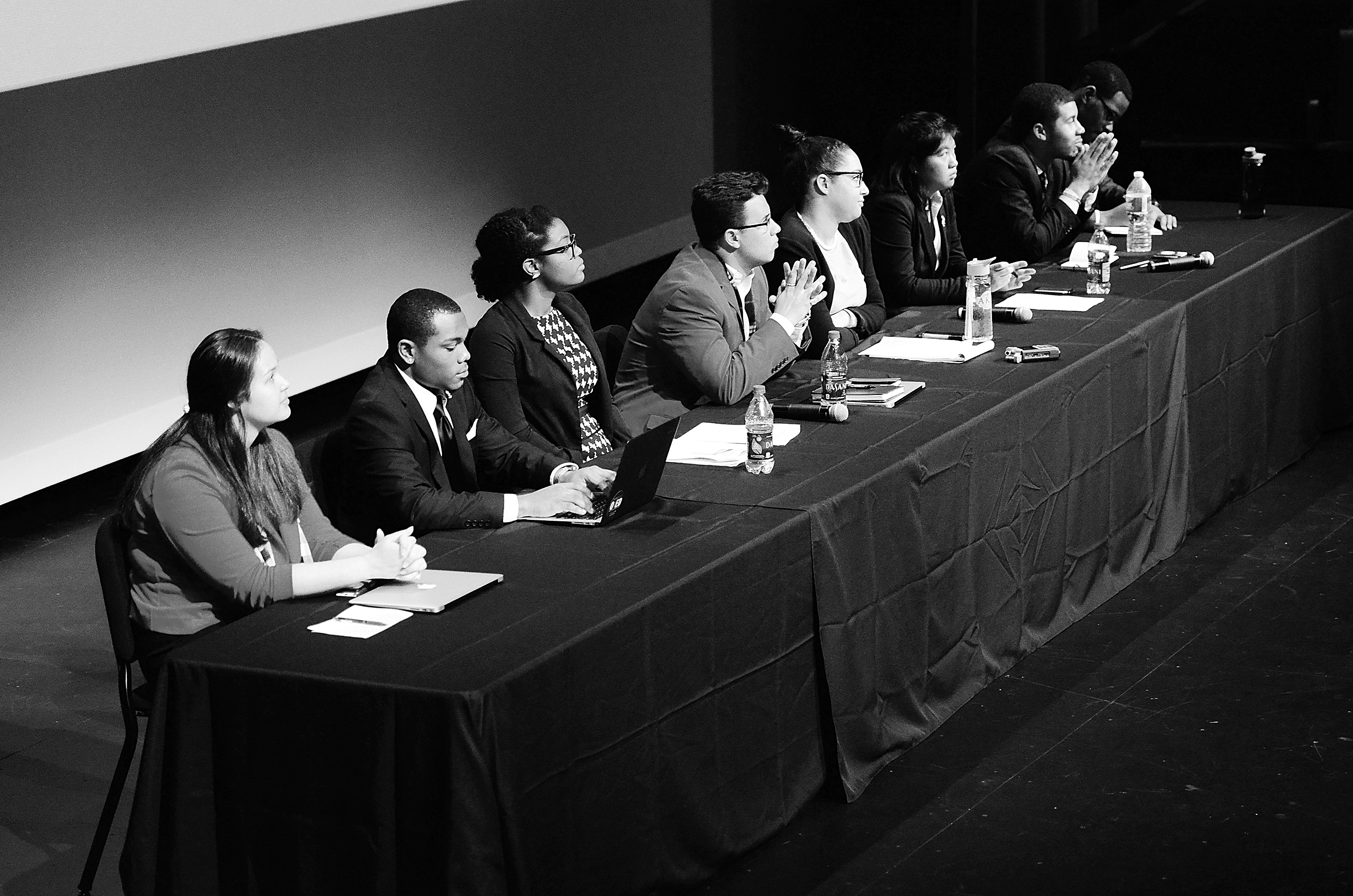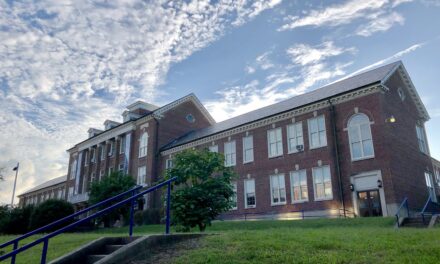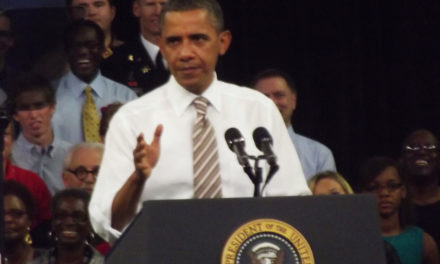Jillian Smith | Editor-in-Chief
On Wednesday, Jan. 13, Student Government held a town hall meeting in Talley’s Stewart Theatre. The subject: racial climate on campus.
“I feel bad saying this because I love NC State, but I am very disappointed in my university because it hasn’t actively engaged me in race education,” said Kelly Elder, a senior in political science.
The tone of the meeting was set by statements such as these as well as the Yik Yak, Twitter and Facebook posts scrolling across the screen throughout the event. The vulgarity and absurdity of the selected posts gave some of these ambiguous racial problems a level of widespread visibility they previously had not received.

Kai McNeil | Staff Photographer
This helped audience members understand the reasons behind the meeting and the need for change on campus. This slideshow also included testimonials from students sharing their personal experiences.
“I feel like I’m constantly in a battle with my own identity and how my peers perceive me. You wouldn’t believe how often I receive questions like ‘are you a member of the NC State football team or basketball team,” said Ryan Barnes, a senior in paper science and engineering.
The meeting started off with some emotional stories about negative experiences with race and discrimination, reinforcing the seriousness of the subject matter. Following this, the panel introduced themselves and Student Body President Khari Cyrus introduced the format of the meeting.
“The purpose of this event is to develop solutions,” said Cyrus.
There were four main action items for the meeting: sensitivity and inclusivity training, mandatory diversity training for incoming freshman, honor court and Asian-American/Pacific Islander inclusion.
The possibility of sensitivity and inclusivity training for all students was a major part of the discussion. Bystander intervention training was also a topic of conversation in conjunction with the suggestions of mandatory diversity training for incoming freshman.
Renee Wells, director of the GLBT center brought up the importance of cultural competency and how this type of training is something necessary for students to see and understand microaggressions. She believes to change the racial climate on campus, we need programs that build upon each other because “it can’t happen in a one hour workshop.”
It did not seem that the panel members and audience members that suggested some of these programs came to a consensus on the time frame in which they would have to take place. Should they all happen during orientation? Should they be classes taken in the first semester? These are lingering questions, but it is important that the conversation was started at the meeting.
The next action item was the need for a place where students could report non-academic misconduct such as acts of discrimination.
According to Kamrie Risku, a sophomore studying political science and the the Diversity Activities Chair for the Union Activities Board, “there needs to be a better way to address these issues because there are very few safe spaces for minority students to address their discomfort.”

Kai McNeil | Staff Photographer
She has suggested having an “honor court” as a potential solution. The Honor Court would consist of both volunteer and elected court officials that would review reports of non-academic misconduct.
This would be significantly different than any other program we have because it would encourage student-to-student accountability and peer mediation.
This would be created under DASA which is a part of student housing. It is important to have a more student-centered organization to deal with these issues because the only other resource, the Equal Opportunity and Equity office on OIED which primarily deals with complaints against faculty and staff.
One audience member brought up the issue of students against whom complaints are filed reacting negatively to their privilege being infringed upon. She questioned how we bring these students in rather than make them feel isolated.We need to focus on “winning the person versus winning the argument,” as another audience member put it.
The last action item put up for discussion was the fact that there are very few resources for Asian American and Pacific Islander students on campus. Nina Ondona, the representative for Asian Students in Alliance (ASIA) explained how having a representative and a foothold in multicultural student affairs would provide these students with more opportunity and inclusion.
Ondona is hopeful that AAPI students will receive greater visibility and have more of an on-campus presence if this can happen.
There were many great ideas put forth at this town hall with a goal implementation date of fall 2017. The student government panelists were hopeful that through cooperative and collaborative work with administration, these plans could be put in place.




